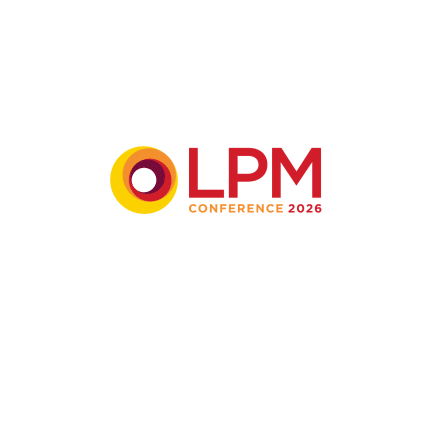
When vendors change the rules: what law firms can learn from the VMware shift
The VMware shake-up is a powerful reminder that resilience and control depend on flexibility, not fragility. For law firms, that means having clear oversight of IT dependencies, strong partnerships with trusted providers, and a technology strategy built on flexibility, not fear, highlights the Iomart Group
When Broadcom announced changes to VMware’s licensing and partner structure, it sent ripples across the technology landscape. For many managed service providers, it represents one of the most significant shifts in infrastructure delivery for over a decade.
For law firms, however, the finer points of partner tiers and licensing models may feel distant, yet the lesson behind them is crucial. The VMware shake-up is a powerful reminder that resilience and control depend on flexibility, not fragility.
In an era where cloud and virtualisation underpin everything from document management to e-discovery platforms, vendor decisions made in boardrooms thousands of miles away can have real consequences for operational continuity here in the UK.
When predictability disappears overnight
Legal IT leaders value stability. Clients expect their data to always be secure, accessible and compliant, and partners expect systems to ‘just work’. But when a supplier changes its commercial model, that stability can suddenly feel fragile.
That’s what the VMware and Broadcom changes highlight so clearly. For many businesses, this has triggered renewed scrutiny of their IT foundations. If the licensing model changes, will costs spiral? If a platform’s retired, what happens to workloads and uptime?
For law firms operating under tight margins and high regulatory pressure, the impact of such uncertainty can be significant, especially if infrastructure reviews haven’t been part of the strategic agenda.
Turning risk into resilience
Over time, technology dependencies can build up quietly. Systems evolve, integrations deepen and before long, firms find themselves reliant on platforms or suppliers whose priorities might shift. When that happens, agility disappears, and cost and risk take its place.
That’s why the Iomart Group helps firms simplify and strengthen their IT ecosystems. By bringing cloud, infrastructure and data protection under one trusted partner, law firms gain more flexibility, not less. We provide a single, accountable relationship that spans multiple technologies and platforms, ensuring firms retain control even as the vendor landscape changes.
The message is simple: you don’t need more vendors, you need the right partner.
What this means for legal leaders
For COOs, IT directors and managing partners, the VMware shift offers a valuable moment to pause and assess.
Consider:
- How dependent are you on platforms or providers whose strategies might change?
- What would happen if those changes affected your firm’s costs or continuity?
- Do you have the flexibility to adapt quickly without disruption?
Asking these questions now helps prevent last-minute disruption later. It also supports better governance, ensuring your technology investments remain predictable, secure, and aligned with client commitments.
The path to resilience
The law firms best positioned for the future are those treating IT as a living ecosystem, not a fixed asset. That means:
- Building in choice and flexibility, not just redundancy.
- Partnering with providers who have the scale, certifications, and expertise to navigate complex vendor landscapes.
- Maintaining visibility and control over where data lives and how it’s protected.
At the Iomart Group, we’re one of fewer than eight VMware Pinnacle Partners in the UK, a status that guarantees continuity for our customers as the VMware landscape changes. For law firms, that means complete confidence that your infrastructure will remain stable, secure, and supported well beyond 2025.
Looking ahead: lessons in control
Vendor shifts like the VMware and Broadcom update will continue to happen. The real differentiator isn’t avoiding change but being ready for it.
For law firms, that means having clear oversight of IT dependencies, strong partnerships with trusted providers, and a technology strategy built on flexibility, not fear.
Because when the market moves again, and it will, the firms that have invested in resilience won’t just stay online — they’ll stay ahead.
Ready to find out more about building long-term IT resilience and flexibility? Get in touch.




